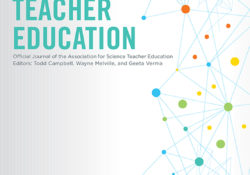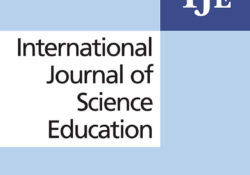tandfonline.com – Teacher-Directed Versus Inquiry-Based Science Instruction: Investigating Links to Adolescent Students’ Science Dispositions Across 66 Countries
tandfonline.com har udgivet en rapport under søgningen “Teacher Education Mathematics”: ABSTRACT ABSTRACT Teacher-directed and inquiry-based science instructional practices have been shown to influence students’ performance on science assessments. However, only a small body of research has examined the associations of teacher-directed and inquiry-based science instructional practices with science-related dispositions among adolescent students using nationally representative samples drawn from countries across the globe. Hence, the present study, employing multilevel path analyses as an analytic strategy, investigated the relations of teacher-directed and inquiry-based science instruction to students’ science-related dispositions, such as enjoyment of science, interest in broad science topics, instrumental motivation to learn science, science self-efficacy, and epistemological beliefs about science, among 428,197 adolescent students from 15,644 schools in 66 countries. Results of multilevel path analyses, after controlling for student-, school-, and… Continue Reading

